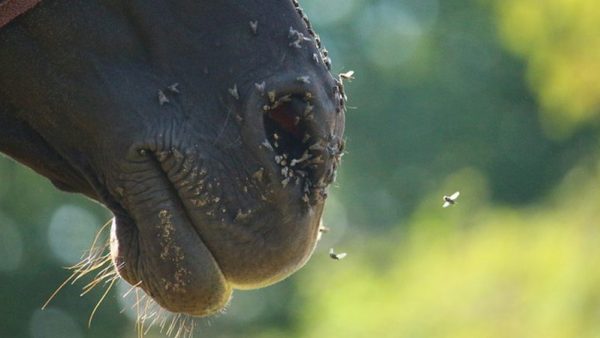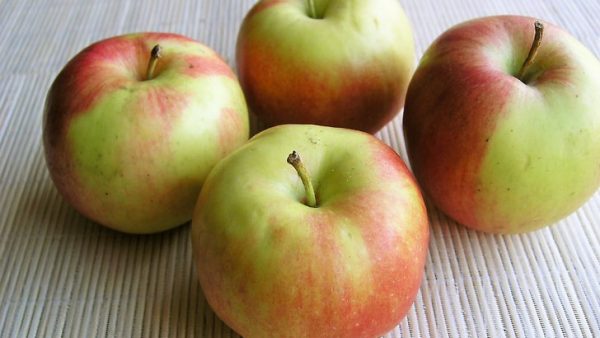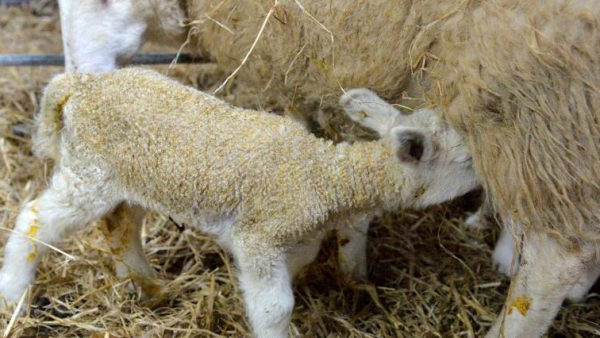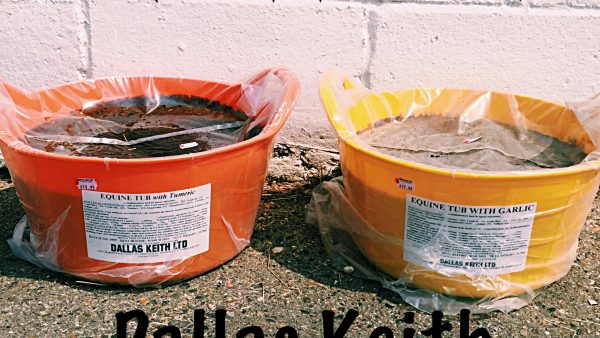
Finding the right spray
Although we've been graced with a late start to the fly season this year, it's now in full swing, and finding the right protection for our horses is top on our list of priorities.
Fly sprays and creams are generally designed to create a barrier of scent or odour to deter flies from landing on the horse, however, even with effective repellents flies may still congregate around your horse so if you have a particularly sensitive animal providing additional protection with fly rug and mask is must.
Midges tend to target the horses belly and legs so this should be the main focus for application. Avoid all mucous membranes, eyes and other sensitive areas such as the sheath.
Any spray or cream applied to your horses coat will last for a limited time, as the fine dirt and hair naturally sheds throughout the day. So for any fly repellent to be effective it does need to be re-applied throughout the day particularly at times when flies are most active. Depending on your location and the vegetation around your yard you may experience troubles with different types of flies, which may be more suited to different deterrents. Most repellents contain a mixture of ingredients extracted from an organic source, although these can also be synthetically produced and be listed under a trade name, which is where choosing the right repellent can become confusing.
The essentials oils (oils with a characteristic odour of the plant or other source from which it is extracted) most commonly found in fly repellents: Citronella (Lemon Grass Oil) Cedarwood Oil, Lavender or French Lavender - Lavandin Oil and Neem (Margosa extract).
Eucalyptus or more specifically lemon Eucalyptus is often listed as Citriodiol. It can also be synthetically produced as P-Menthane-3.8-diol. Similar to menthol and has a cooling feel, as well as being an effective repellent against a variety of flying insects.
Ethyl Butylacetylaminopropionate - sits in a category on its own as a synthetic amino acid complex that confuses the insects sense of smell, making your horse a less attractive target.
Fly sprays may also contain other chemical compounds and insecticides such as - DEET (N, N-Diethyl-m-toluamide)
Insecticides (check label as these spray are often for premises use only, not to be applied directly to the horse) will kill insects on contact.: Permethrin, Pyrethrins, Piperonyl Butoxide
Benzyl Benzoate is a medication and repellent and is an effective treatment for sweet-itch.




